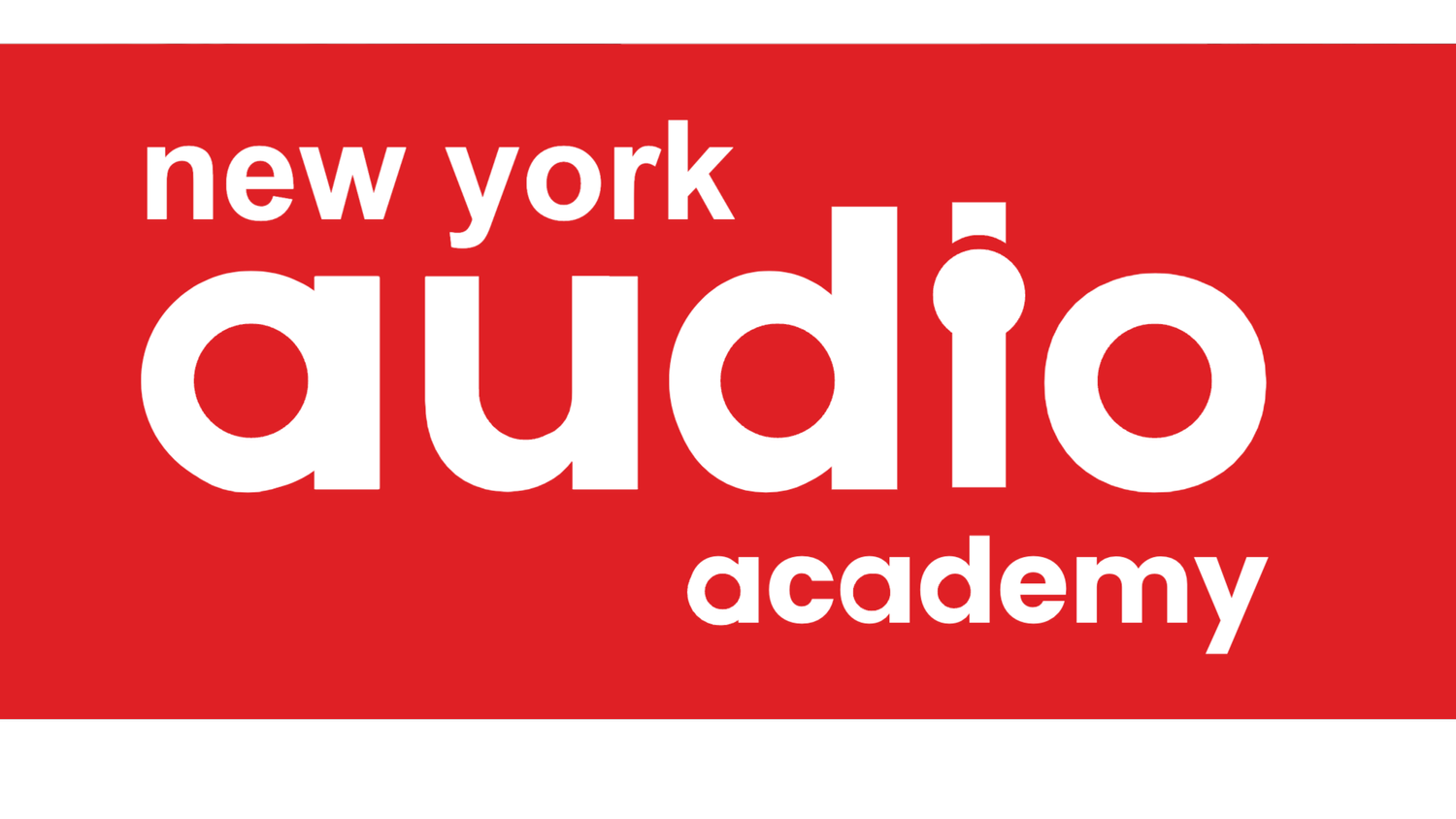Leveraging Social Media and Viral Marketing in the Music Industry
In today’s digital age, social media and viral marketing have become indispensable tools for musicians and music industry professionals looking to gain exposure and engage with fans. The ability to share content widely at little to no cost has revolutionized how music is marketed and distributed. This blog post explores effective strategies for leveraging social media and viral marketing to maximize impact in the music industry.
Understanding Viral Marketing
Viral marketing refers to a technique where users help spread content across their social networks, exponentially increasing the reach of the message, much like how a virus spreads. In the context of music, this means creating content that is compelling enough that fans and followers will want to share it with their friends.
Creating Shareable Content
1. Music Videos: Music videos remain one of the most shareable content pieces on social media. Investing in creative, visually appealing, or emotionally touching videos can drive significant engagement and sharing.
2. Behind-the-Scenes Clips: Fans love getting an inside look at the creative process. Sharing clips from recording sessions, songwriting meetings, or tour preparations can personalize the artist-fan relationship and encourage shares.
3. Challenges and Hashtags: Engage with your audience by initiating social media challenges or creating campaign-specific hashtags. Encourage your followers to create their content around your music or participate in a dance challenge, for example.
Engaging with Fans
1. Consistent Interaction: Regularly interact with your followers through comments, live streams, and Q&A sessions. Engagement can foster a loyal community and encourage fans to share content and promote the artist's work organically.
2. Exclusive Content: Offer exclusive content, such as early access to songs, exclusive remixes, or member-only live sessions, to followers who share your content or participate in social media activities. This can incentivize fans to spread the word.
3. Collaborations: Collaborate with other artists or influencers who share a similar target audience. This can help reach new listeners who may share interests and increase the likelihood of your music going viral.
Utilizing Analytics
1. Track Performance: Use social media analytics tools to track the performance of your posts and understand what resonates with your audience. Analyzing data can help refine your strategy and focus your efforts on what works best.
2. Optimize Posting Times: Experiment with different posting times and measure engagement rates to find when your audience is most active. Posting during these peak times can increase visibility and sharing potential.
3. Monitor Trends: Stay on top of current trends on platforms like TikTok, Instagram, and Twitter. Leveraging trending topics or sounds can increase the likelihood of your content gaining traction and going viral.
Long-term Strategies
1. Brand Building: Use social media not just for immediate marketing needs but also for building a long-term brand. A consistent theme, tone, and quality of posts can help establish a recognizable brand that attracts and retains followers.
2. Community Building: Foster a sense of community among your followers. Encourage interactions not just between the artist and the fans but also among the fans themselves. Strong communities are more likely to support and share an artist's work virally.
Conclusion
Social media and viral marketing are powerful tools that, when used effectively, can significantly amplify your reach and impact in the music industry. By creating engaging, high-quality content and maintaining active and authentic interaction with fans, artists can leverage these platforms to boost their careers in unprecedented ways. Remember, the key to success in using social media for viral marketing lies in understanding your audience, engaging with them meaningfully, and staying adaptable to the ever-changing digital landscape.
